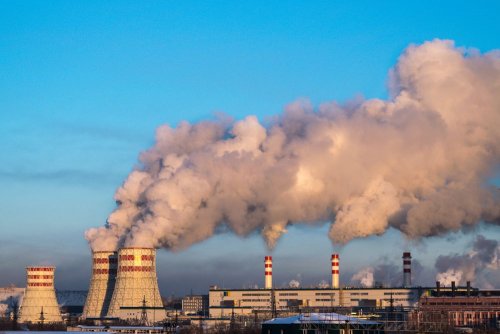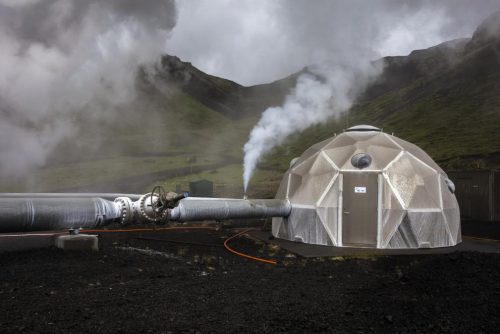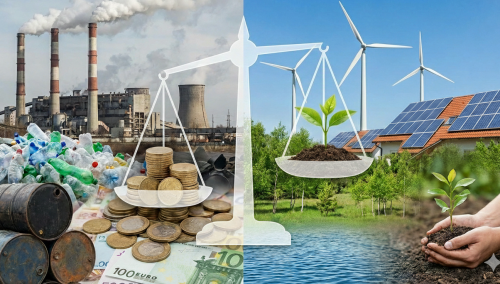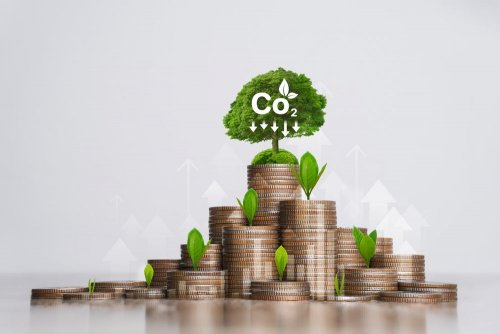In Canada, Irving Oil is expanding hydrogen capacity at its Saint John, New Brunswick refinery to reduce carbon emissions and offer clean energy to customers.
The new hydrogen electrolyser with a capacity of 5 MW will produce two tons of hydrogen per day, using electricity from the local network, reports CBC News.
The company has an agreement with the New York company Plug Power Inc. regarding the purchase.
Hydrogen is used to reduce the sulfur content of petroleum products, such as diesel fuel. However, most refineries produce hydrogen using natural gas, which creates carbon dioxide emissions.
"Investing in a hydrogen electrolyzer allows us to produce hydrogen in a very different way," said Irving Oil director of energy transitions Andy Carson. – "Instead of using natural gas, we're actually using water molecules and electricity through the electrolysis process to produce a clean hydrogen."
According to him, Irving plans to decarbonize the grid and ensure that the electricity used to power the hydrogen electrolyser is as clean as possible.
NB Power's electrical system includes 14 hydro, coal, oil, wind, nuclear and diesel power plants. The utility has committed to increasing the number of renewable energy sources.
Irving noted that this will be the first refinery in Canada to invest in electrolyzer technology. The company wants to offer hydrogen fuel infrastructure in Atlantic Canada.
"This kind of investment allows us to not just move to a cleaner form of hydrogen in the refinery. It also allows us to store and make hydrogen available to the marketplace," Carson said.
After all, hydrogen technology will help unlock the pent-up demand for hydrogen as a transition energy fuel for logistics organizations.
The Alberta provincial government also plans to expand hydrogen production in the coming years, thanks to the development of carbon capture and storage (CCS) technology in the production of hydrogen from natural gas.
Earlier EcoPolitic wrote, that Arcelormittal tested successfully using green hydrogen to reduce iron ore at one of its industrial sites in Canada.
As EcoPolitic previously reported, the Spanish startup H2SITE received $13.2 million for the solution hydrogen transportation problems, because tiny molecules lead to cracks in the steel of tanks and pipes.





